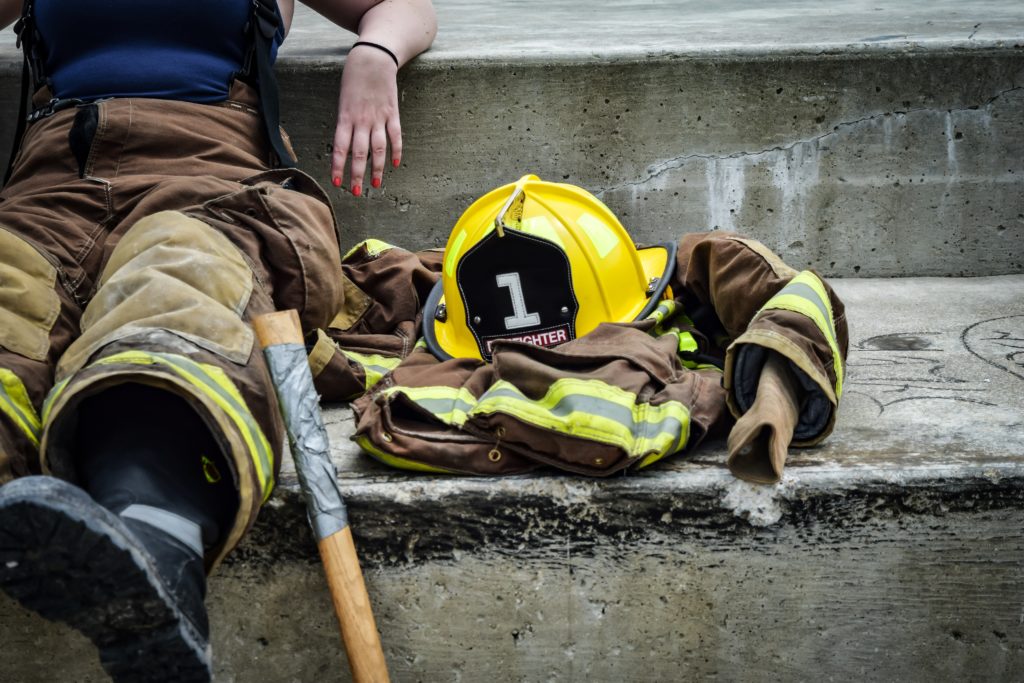Careering into it
As a health and safety tutor I routinely meet people who already work in the field of occupational health and safety (OHS). And one thing that always strikes me is that they are a diverse bunch with a very wide range of ages, educational backgrounds, workplaces and work/ life experiences. From 21 to over normal retirement age. From left school at 16 with diddly-squat to PhDs in biomechanical engineering. From building society office to offshore oil and gas platform. From none at all to 35 years in the chemical engineering and manufacturing industries. And some of them have had life experiences that have made the hairs on the back of my neck stand up. No really.
When asked about how they have ended up working in OHS there is no one single answer. Peoples’ routes into the profession are many and varied.
A few people have started straight from the off with the intention of working as OHS professionals. I have met a few people who have done degrees in OHS straight after A-levels and have then gone into management positions. But that is rare. Most of us don’t grow up craving to be health and safety professionals. We want to be astronauts or round-the-world yachtswomen instead.
Many people work in an associated management position, like quality or environmental management, and have OHS added to their role. It’s all about compliance after all (or so the theory goes).
For quite a few (and I count myself among this group) it grows as a result of having some health and safety responsibility in a different management role, attending some training and getting bitten by the bug. For me it was working as a supervisor in an industrial bakery, being invited to join the manual handling risk assessment team and realising that health and safety was not just about putting signs on the walls.
I was drawn to OHS by the fact that sometimes when I asked a simple question I got a simple answer. ‘Yes, you can’ or ‘No, you can’t’. But oftentimes I got a far more subtle answer. ‘Well yes, but only with the right controls in place and those kind of depend on the risk level and that’s determined by.… etc.’. And by the fact that when I did a bit of background reading I realised just how complex some of the topics were. And by the fact that there wasn’t a single place on the site where the OHS professional couldn’t go snooping. Silo House, Warehouse, Factory floor, Test Kitchen, Boardroom. It was all legitimately within the purview.
However, having said that we are a diverse bunch there are common themes. I, like most other people working in the profession, did a level 3 qualification on the way in. I did mine very early on. Having blagged myself a job as a safety officer with a little experience but no formal H&S qualification I did a NEBOSH Certificate qualification (see here). Many people start with a lower level course or two first. Such as an IOSH Managing Safely (level 2 see here).
Like many others, I then went on to do a Diploma in OHS. The NEBOSH Diploma is a level 6 qualification – see here). I did both of these qualifications when I was in my early thirties. But lots of people do them in their twenties, forties or fifties.
I also joined a professional body as soon as I could and went up through the membership grades as quickly as possible. The Institution of Occupational Safety and Health (IOSH see here) was my choice. It was not a Chartered organisation when I joined. But it still required formal qualifications, experience and proof of continuing professional development (CPD), just as it does now. The International Institute of Risk and Safety Management (IIRSM see here) is an alternative.
So if you are thinking about a career in OHS and you are wondering if your age, educational background and work experience fits the bill. Take it from me – none of those things matter much. What matters is that you have a willingness and ability to learn and a determination to make a start and keep going when it gets difficult.
And you need a little luck.
For me; I was lucky enough to be working in a company that had an opening for a safety officer and was willing to take a punt by trying me out despite my lack of H&S qualifications.
But as I have said in other blogs: you make your own luck.

–
Dr Jim Phelpstead BSc, PhD, CMIOSH
RRC Consultant Tutor
